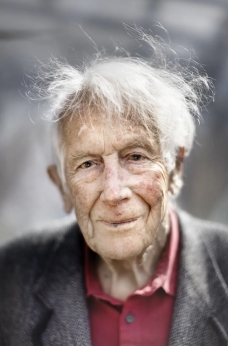I thought I had said all I had to say in this space, but a holiday trip I have just completed, and other concurrent experiences, provided me with energy for what I offer below.
The first experience was to find a book in the Copenhagen central railway station, Babel, or the Necessity of Violence, by R.F. Kuang.
It is a complex book, a fantasy involving the magic of translated words placed in juxtaposition on bars of silver. The setting of the fantasy presents a history of the slavery, oppressions and indignities visited upon subject peoples of the British Empire in the mid-19th Century, and upon the common people of Great Britain. Despite its large size, I finished the book before we reached our destination, Garda, Italy.
The book reminded me of the raw truths one learns as one ages; that the powerful are prone to act as gods and to treat others as lesser beings, even to torture and kill them with impunity. This ‘truth’ has been well formulated by Lord Acton:
Power tends to corrupt, and absolute power corrupts absolutely. Great men are almost always bad men, even when they exercise influence and not authority, still more when you superadd the tendency or the certainty of corruption by authority. (Source)
With this book and these thoughts operating in the back of my noggin, I was nonetheless open to the pleasant experiences Eva and I reasonably expected from our nine-day holiday, including four days travel by train from and returning to Stockholm by a company that offers group tours.
The first full day of the tour was dedicated to a bus trip to Verona, an ancient Roman town with an amphitheater at the central plaza. Also in the plaza was this monument over which I paused and pondered for several minutes:

I translate this as “To the martyrs of the Nazi extermination camps”.
This encounter receded to my mental background as the tour continued, through many enticements to spend and eat, to visit other ancient monuments and places.
At the noon lunch break, we found ourselves seated with a couple we had become friendly with and engaged in a lengthy, intimate conversation, sharing life experiences including personal tragedies. We paused at one point to quietly weep. We then recited our blessings, noting that many other lives in the world had suffered and were suffering more greatly and continuously than we have suffered.
On the final day Eva and I wandered up the mountainous hill, at the foot of which our hotel perched, just to enjoy the exercise and the ambience of old, largely well-kept houses that overlook the large Lake Garda. We had been told by others to seek out ‘The Madonna’ as we ascended the steep path. We found her and learned that she was erected just after WWII to honor the fallen civilians and soldiers of the town of Garda.
Threatened by fire and sword in the Second World War, by virtue of a solemn vow, Garda, faithful to its promise, erects this sacred marble as a symbol of its faith and compassion so that the only Mother of the suffering humanity from above may watchfully protect and bless all her living and all her dead. (Translated)


I wept again.
This pleasant, peaceful, lakeside town, surrounded by dolomite mountains with vast vineyards sweeping through nearby valleys and up mountainsides, had its peaceful lives interrupted and discarded by the ambitions of great men.
And it continues, throughout the world…
—
Ecclesiastes 4
The Evil of Oppression
1 Again I looked, and I considered all the oppression taking place under the sun. I saw the tears of the oppressed, and they had no comforter; the power lay in the hands of their oppressors, and there was no comforter.
2 So I admired the dead, who had already died, above the living, who are still alive.
3 But better than both is he who has not yet existed, who has not seen the evil that is done under the sun.


